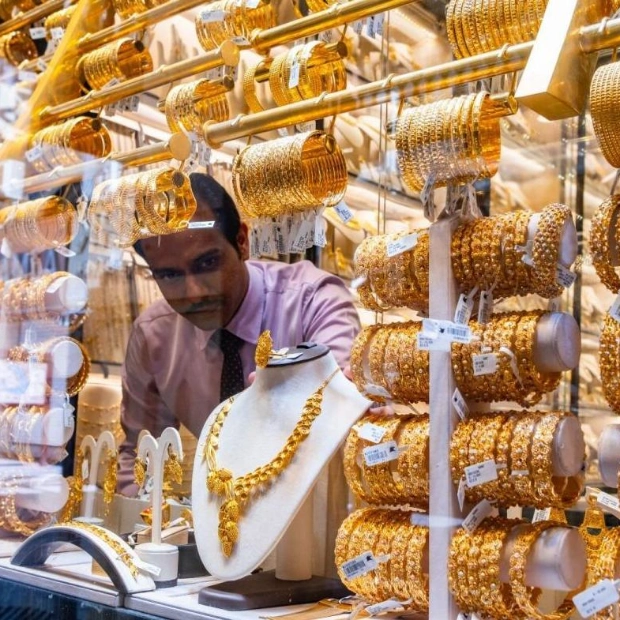Imagine receiving a legal notice or a call from the local police station for posting a Google review about a business. When you've had a negative experience with a service or product, sharing your dissatisfaction through a review might seem harmless—until it isn't. In the UAE, certain situations can lead to legal disputes and significant fines over honest critiques or negative reviews, as businesses become more protective of their reputations.
For example, last year, a woman in Dubai was convicted of defamation for an Instagram post that allegedly harmed a hospital's reputation. She posted a video calling it the 'worst hospital' and criticizing the doctors. A case was filed under the cybercrime law, resulting in a fine and a requirement to delete the video. Similarly, in May 2020, a woman was convicted for defamatory remarks about a medical center on Google and Instagram, criticizing the center for providing 'the worst service imaginable' and alleging that positive reviews were fake. She was fined Dh5,000, had her phone confiscated, and all her social media accounts were closed.
In the era of social media, feedback has a wider reach than traditional word of mouth, presenting new challenges. Nikhat Sardar Khan, Head of the Corporate, DIFC Litigation, and Arbitration Department at Hilal & Associates Advocates & Legal Consultants, noted that 'Digital libel is considered more harmful due to its enduring nature as it can be archived, made more interesting through real-time interactions like live streams, podcasts, video recordings, shared to a global audience, made viral, posted anonymously and accessed indefinitely.'
Businesses can sue for negative reviews if they are insulting, exaggerating, malicious, misleading, incorrect, or advise others not to patronize the business. A company can file both criminal and civil cases to restore its reputation and seek compensation. Constructive criticism or opinions based on genuine experiences generally do not constitute defamation as long as they are not insulting or made with malicious intent. However, even factual statements that lead to reputational damage can be considered defamatory.
Jamaican restaurant Ting Irie takes Google reviews seriously, as they can 'make or break the vibe and flow of the business.' Positive reviews validate their hard work and attract customers, while negative reviews, though sometimes based on misunderstandings, push them to better communicate their cultural authenticity and improve the overall experience. Mandeep Singh Chanana, general manager of Mister Baker, emphasized the importance of Google reviews in impacting businesses significantly, as people want to validate a brand's credibility and reputation before spending their money.
Defamation laws in the UAE protect individuals from public defamation, which can result in a jail sentence of up to two years or a fine not exceeding Dh20,000. Cybercrime laws prohibit the dissemination of false information, carrying severe penalties. Consumer protection laws under Federal Law No 15 of 2020 ensure that consumers are protected and entitled to fair treatment, accurate information, and compensation for damage caused by defective products or poor services.






